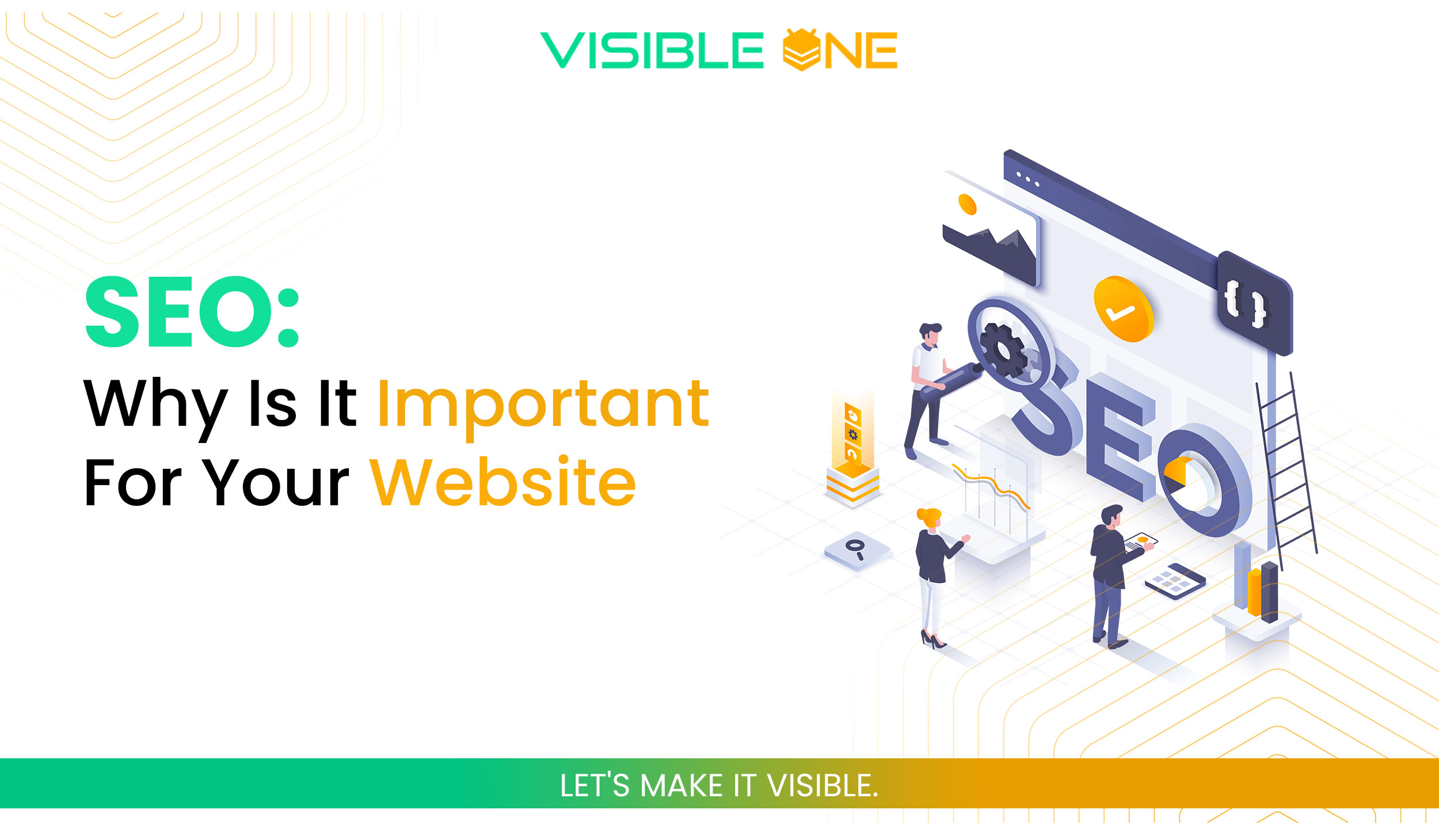SEO: Why It Matters for Your Website’s Success

SEO (Search Engine Optimization) has become essential for businesses looking to establish a strong online presence. But what exactly is SEO, and why does it matter? Simply put, SEO is the process of optimizing a website to improve its visibility in search engine results, leading to higher website ranking and increased traffic.
Whether you’re a small business owner, blogger, or eCommerce entrepreneur, implementing an effective SEO strategy is crucial to staying ahead of the competition. A well-optimized website not only attracts more visitors but also builds trust and credibility with potential customers.
This blog will break down the fundamentals of SEO, its key elements, and why it is a must-have for any website. We’ll also explore common mistakes to avoid and how SEO contributes to business growth.
What is SEO and How Does it Work?
SEO, or search engine optimization, is the practice of improving a website’s visibility on search engines like Google, Bing, and Yahoo. It involves various strategies that help websites rank higher in search results, making them more accessible to potential users.
How Do Search Engines Rank Websites?
Search engines use complex algorithms to analyze and rank web pages based on multiple factors, including content relevance, website authority, and user experience. The goal is to provide users with the most accurate and valuable information based on their search queries.
Organic Search Results vs Paid Ads
While businesses can invest in paid ads to gain instant visibility, organic search results are more trusted by users. Ranking naturally through SEO efforts leads to sustainable website traffic without ongoing advertising costs.
The Role of Keywords in Website Ranking
Keywords play a critical role in SEO. By strategically placing relevant keywords throughout a website’s content, businesses can align their pages with what users are searching for, improving their chances of appearing in top search results.
Key Elements of SEO
To maximize website ranking, businesses need to focus on three main SEO components: on-page SEO, off-page SEO, and technical SEO.
On-Page SEO
On-page SEO refers to the optimization of individual web pages to rank higher in search results. Key factors include:
- Meta Tags, Titles, and Descriptions – Optimizing these elements helps search engines understand page content.
- Content Optimization – Proper keyword placement, high-quality content, and readability all impact rankings.
- Image Optimization – Using alt text and compressing images improves website loading speed and accessibility.
Off-Page SEO
Off-page SEO focuses on actions taken outside the website to boost its authority and credibility.
- Link Building Strategies – Gaining backlinks from reputable websites increases domain authority.
- Social Media Impact – While social signals don’t directly influence rankings, social media engagement can drive traffic.
Technical SEO
Technical SEO ensures that a website is structured properly for search engine crawlers.
- Website Speed and Mobile Optimization – Faster, mobile-friendly websites rank better.
- Site Structure and Navigation – Well-organized websites provide a better user experience.
- Crawlability and Indexability – Ensuring that search engines can easily read and index web pages improves rankings.
Importance of SEO for Your Website
Increased Visibility and Website Traffic
Implementing SEO techniques improves website ranking, making it easier for potential customers to find your business. Websites that appear on the first page of search results receive significantly more clicks and organic traffic.
Building Credibility and Trust
Search engines favor websites with high-quality content, secure connections, and positive user experiences. A well-optimized website naturally earns trust from both search engines and visitors.
Cost-Effective Marketing Strategy
Unlike paid advertising, SEO provides long-term results without continuous investment. While it requires time and effort, the benefits outweigh the costs over time.
Enhanced User Experience
SEO isn’t just about ranking—it’s about improving the overall user experience. Mobile-friendly designs, fast loading times, and easy navigation contribute to lower bounce rates and higher engagement.
How SEO Impacts Your Business Growth
Lead Generation and Conversion
A well-optimized website attracts the right audience, increasing the likelihood of converting visitors into customers.
Long-Term Results
Unlike paid ads, which stop generating traffic once the budget runs out, SEO offers long-lasting benefits with results that improve over time.
Competitive Advantage
Staying ahead of competitors requires continuous SEO efforts. Businesses that consistently optimize their websites gain an edge in their industry.
Common SEO Mistakes to Avoid
While SEO can yield incredible results, many website owners make critical mistakes that hurt their rankings.
- Keyword Stuffing – Overusing keywords can make content unreadable and negatively impact rankings.
- Ignoring Mobile Optimization – With mobile searches dominating, a non-responsive website loses valuable traffic.
- Poor Quality or Duplicate Content – Search engines prioritize unique, valuable content over duplicate or low-quality pages.
- Neglecting Analytics and Tracking Metrics – Without analyzing SEO performance, businesses miss opportunities for improvement.
SEO is a powerful tool that helps businesses increase visibility, build credibility, and achieve long-term growth. By understanding and implementing SEO strategies, website
